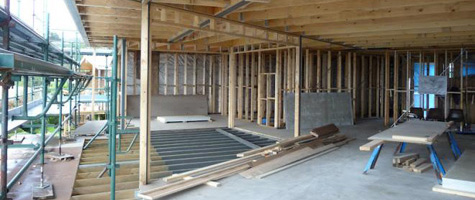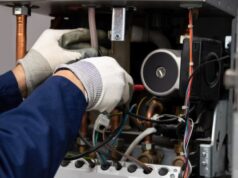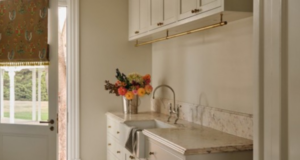
A simple, easy to understand explanation of how home equity works – and what it means to you.

In simple terms, equity is the portion of the house you own.
Equity’s not a complicated idea. The simplest way to think of equity is to say it’s the portion of your property that you currently ‘own’. In slightly more technical terms, the equity you hold in your property refers to the difference between your property’s current market value and the total amount of the mortgage that’s still outstanding.
If you’ve bought a property using a shared equity mortgage with someone else investing part of the deposit, they’ll also ‘own’ some of the equity in your property.
How to calculate your equity
Your available equity on your property is literally its current market value, minus the amount of the mortgage that you still owe to the bank:
Property value – outstanding loan amount = available equity
So if your house is worth $500,000 and you still owe $300,000 to the bank:
$500,000 – $300,000 = $200,000 (your equity)
If the value of your property appreciates significantly over a given amount of time, so does your equity. The opposite’s also true. If (god forbid) the council approves an open sewage treatment plant next door to your place and the market value of your home drops, obviously so does your equity.
Using equity to build or buy an investment property
Even if you’re still paying off a mortgage on the home you live in, if you’ve built up enough equity you can use it another mortgage for an investment property.
The amount you can borrow on this will depend on a few other factors too – but generally speaking you can access anywhere up to 80% of your equity to use as a deposit on an investment property. Doing so can help to significantly lower the interest on the second mortgage – and help you to provide a deposit large enough so that you can avoid having to pay Lenders Mortgage Insurance (LMI).
Well worth investigating if you’ve been paying off your home for a few years and you’re interested in an investment property!





